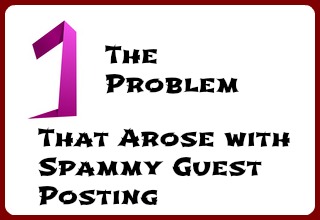Update: With some contributions from the SEO/SEM Group on LinkedIn, there are now over 80 tools and ideas on this list.
Update #2: I’ve updated this post. The original post contained around 60 keyword tools and ideas, but the updated post now contains over 100. Feel free to suggest any tools that I missed in the comments below.
I started doing SEO around 2005 or so and back then, it was pretty easy. Yahoo site explorer was an awesome backlink tool and provided a ton of backlink data. Google keyword tool was the top keyword research tool because it provided data straight from Google.
provided a ton of backlink data. Google keyword tool was the top keyword research tool because it provided data straight from Google.
Things have definitely changed a lot since then. Yahoo site explorer is long gone and now Google has made moves to hide keyword data. Many keywords are no longer showing in Google Analytics and many people have complained that Google keyword planner shows very little if any long tail keyword data.
A lot of people are saying “just create quality content”, but keyword research and SEO are far from dead. In fact, I was able to increase traffic to this blog by 1,380% in 2014, even though I only created 10 blog posts.
I don’t think that Google will ever conceal all keyword data. They will most likely always display high volume keywords so that Adwords advertisers will be able to target them. After all, Google generates most of its revenue from ads.

 Some SEO experts have provided a few tips for guest posting that may be worth considering. You should weigh out the pros and cons of these tips and decide what actions to take yourself.
Some SEO experts have provided a few tips for guest posting that may be worth considering. You should weigh out the pros and cons of these tips and decide what actions to take yourself.




 Many SEO’s are surprised that Google decided to crack down on guest blogging. Here are some events that occurred in early 2014.
Many SEO’s are surprised that Google decided to crack down on guest blogging. Here are some events that occurred in early 2014. Early this year, Matt Cutts suggested that Google was going to start penalizing guest blogging networks that encouraged spammy guest posting. The problem is that:
Early this year, Matt Cutts suggested that Google was going to start penalizing guest blogging networks that encouraged spammy guest posting. The problem is that: No one can accurately predict what Google will do in the future. But Google’s position on guest posting is clear. High quality content on reputable websites is okay, but producing low quality content just to get links is not.
No one can accurately predict what Google will do in the future. But Google’s position on guest posting is clear. High quality content on reputable websites is okay, but producing low quality content just to get links is not.